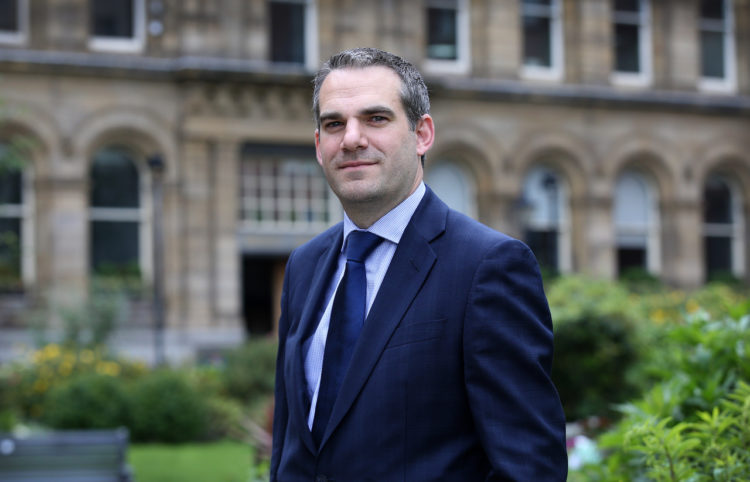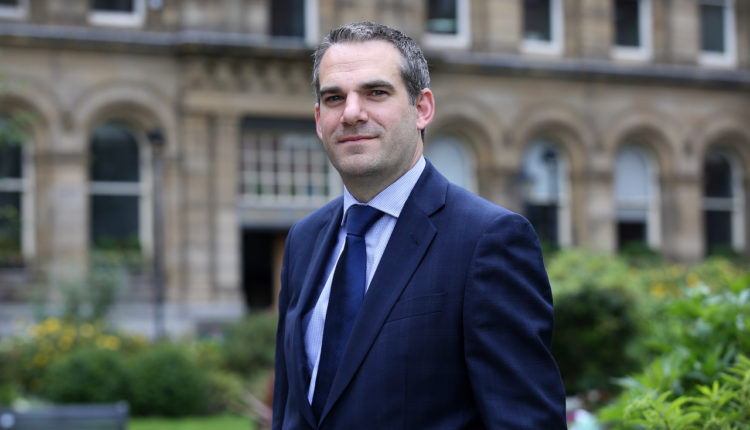Chief executive of Liverpool Chamber, Paul Cherpeau, is urging the Government to ease the burden on businesses with the National Living Wage hike putting more pressure on finances. Tony McDonough reports

Liverpool Chamber of chief executive Paul Cherpeau has urged the Government not to add any further costs to businesses after Chancellor Rishi Sunak raised the National Living Wage.
In his Budget last week, Mr Sunak said that, from next spring, the National Living Wage will increase from £8.91 an hour to £9.50. This means a full-time worker would get a pay rise of £1,000 a year.
While the National Minimum Wage applies to everyone of school-leaving age, the National Living Wage applies to everyone aged 23 and over. For five years until earlier this year it only applied to those aged 25 and above.
For those aged 21 and 22, the minimum wage will also rise from £8.36 an hour to £9.18, while the figure for apprentices will go from £4.30 to £4.81 per hour.
Mr Cherpeau said most businesses were supportive of the increase in the National Living Wage but cautioned that, along with other extra costs, many were now being pushed to their limits and called on the Government to ease the burden.
“While businesses support the increase in the National Living Wage, it must be viewed in the context of rising energy prices, higher raw material prices, increased debt caused by the pandemic and tax increases on the horizon, which all combine to leave many firms facing a financial squeeze,” he explained.
“There is a limit to how much they can continue to absorb rising costs before they need to raise their own prices. Businesses need breathing space to rebuild their finances and invest in staff and resources.
“We’d urge the Government to ensure businesses do not face any further costs for the remainder of this Parliament. The most effective way to sustainably increase people’s wages is to help firms boost their skills and productivity.”
Critics questioned how much better off workers will be considering the Chancellor has already hiked National Insurance and cut Universal Credit as inflation rises. The 6.6% hike is more than twice the current consumer price inflation rate of 3.1%.

